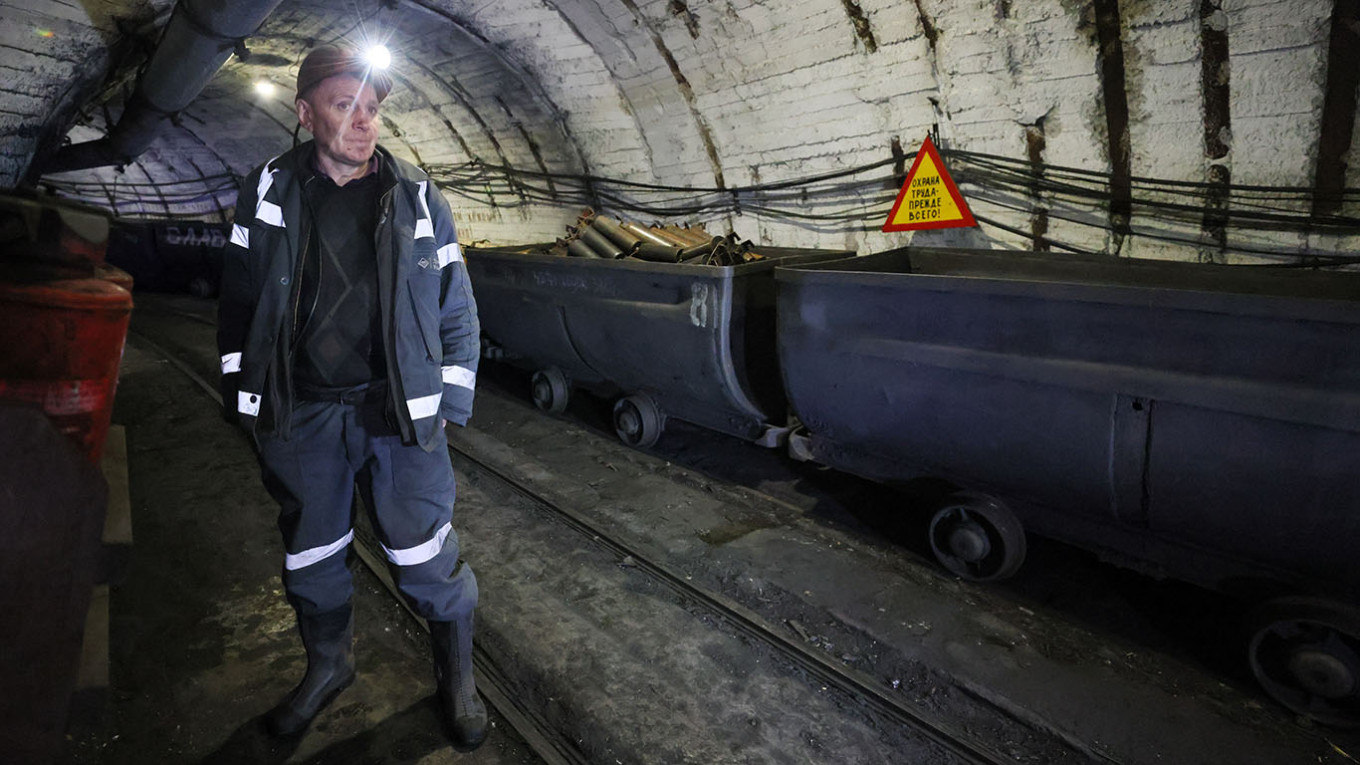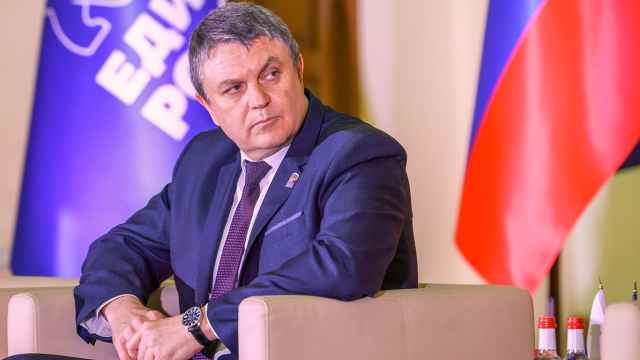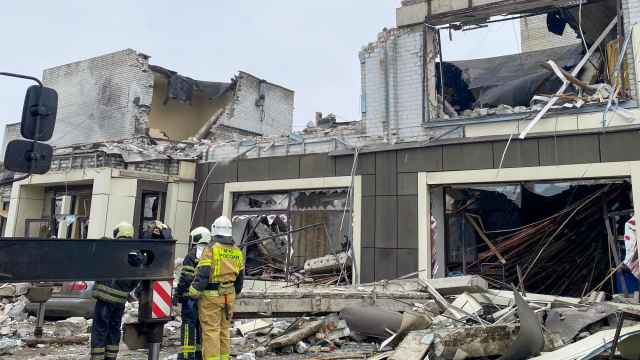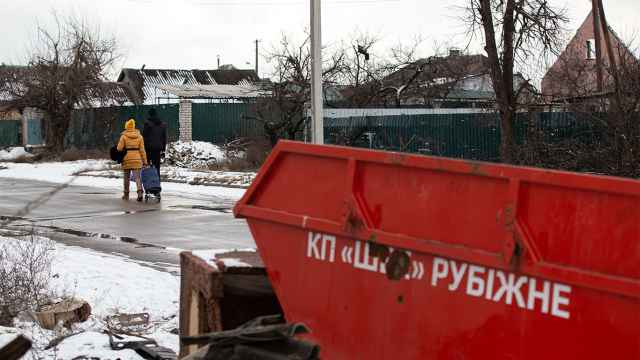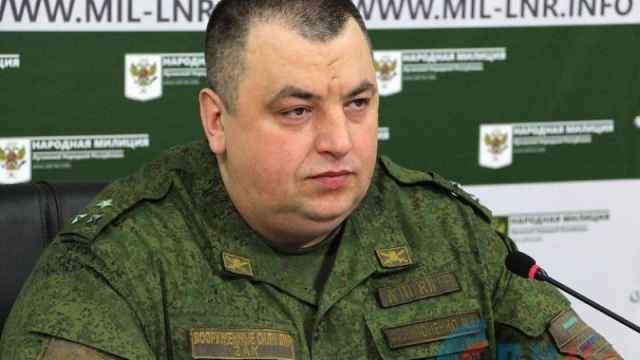Coal mines in the Russian-occupied Luhansk region are facing shutdown unless they receive $505 million in government financing as the industry grapples with high interest rates and low global coal prices, the RBC news website reported Tuesday.
The Donskie Ugli Trading House, the largest coal industry investor in the occupied Ukrainian territories, said it was operating at a loss and lacked funds to expand mining in deeper coal seams.
The company asked the government for 40 billion rubles in National Wealth Fund financing at a preferential 3% annual rate during an October meeting with Deputy Prime Minister Alexander Novak, RBC reported.
As an alternative, the firm proposed being included in the Treasury Infrastructure Credit program, which offers long-term loans to regional administrations for housing utilities, road repairs, hospitals and other projects at the same rate.
The government has not yet made a decision in response to Donskiye Ugli’s request, an RBC source said.
If the mines close, the government suggested that the self-proclaimed Luhansk People’s Republic (LNR) buy coal from Siberia’s Kemerovo region instead.
But local authorities insist that coal mining in the region must be preserved.
The Energy Ministry told RBC it is still assessing whether it is economically viable to keep the Luhansk mines running, given their “unsatisfactory technical condition.”
If the sites are mothballed, workers would be offered transfers to other coal enterprises or retraining for in-demand jobs.
Russia drafted a plan in 2023 to revive the coal industry in occupied territories, handing mines in the so-called Luhansk and Donetsk people’s pepublics to private investors.
Donskiye Ugli, registered in Rostov-on-Don in 2020 by businessman Vitaly Donchenko, leased 10 mines in Luhansk.
While these assets were expected to turn profitable within five years, low global coal prices derailed those projections and the company had returned seven of its 10 mines to Luhansk authorities by 2025.
Russian banks started refusing to finance Donskiye Ugli's investment and operating needs this summer, leading to wage delays and partial staff cuts.
Kremlin-installed LNR head Leonid Pasechnik asked President Vladimir Putin to pressure commercial banks or secure alternative funding, including increased federal subsidies.
Putin in turn instructed Novak, Central Bank chief Elvira Nabiullina and Finance Minister Anton Siluanov to prepare support options and report back.
A Message from The Moscow Times:
Dear readers,
We are facing unprecedented challenges. Russia's Prosecutor General's Office has designated The Moscow Times as an "undesirable" organization, criminalizing our work and putting our staff at risk of prosecution. This follows our earlier unjust labeling as a "foreign agent."
These actions are direct attempts to silence independent journalism in Russia. The authorities claim our work "discredits the decisions of the Russian leadership." We see things differently: we strive to provide accurate, unbiased reporting on Russia.
We, the journalists of The Moscow Times, refuse to be silenced. But to continue our work, we need your help.
Your support, no matter how small, makes a world of difference. If you can, please support us monthly starting from just $2. It's quick to set up, and every contribution makes a significant impact.
By supporting The Moscow Times, you're defending open, independent journalism in the face of repression. Thank you for standing with us.
Remind me later.


